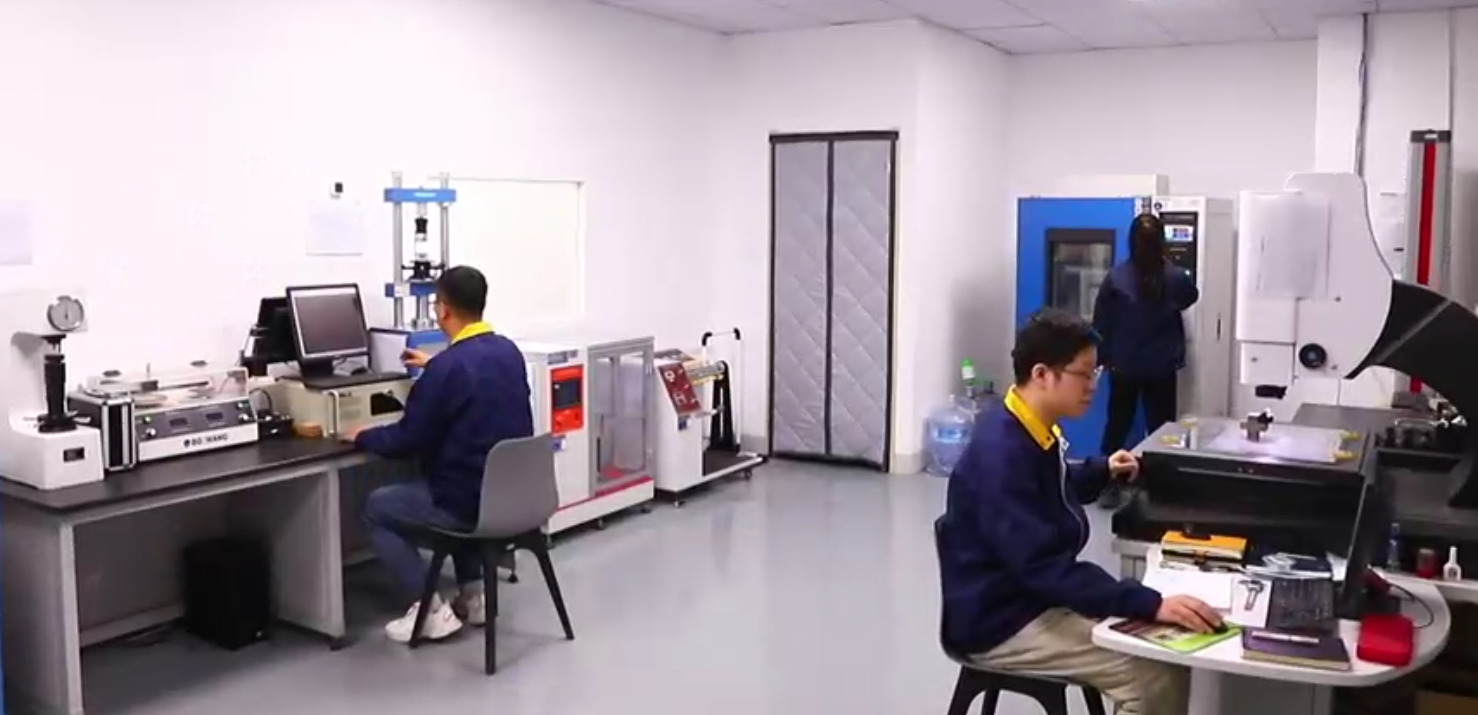.png)

.png)


.png)
.png)
.png)
.png)

_1731663755_WNo_1600d900.webp)
A solar connector plays a critical role in solar power systems, linking various components together to ensure smooth operation. As the solar energy industry rapidly evolves, understanding the basics of solar connectors is essential for anyone involved in installing or maintaining solar systems. This guide provides an in-depth look at solar connectors, their types, functions, and how to select the right one for your solar setup.
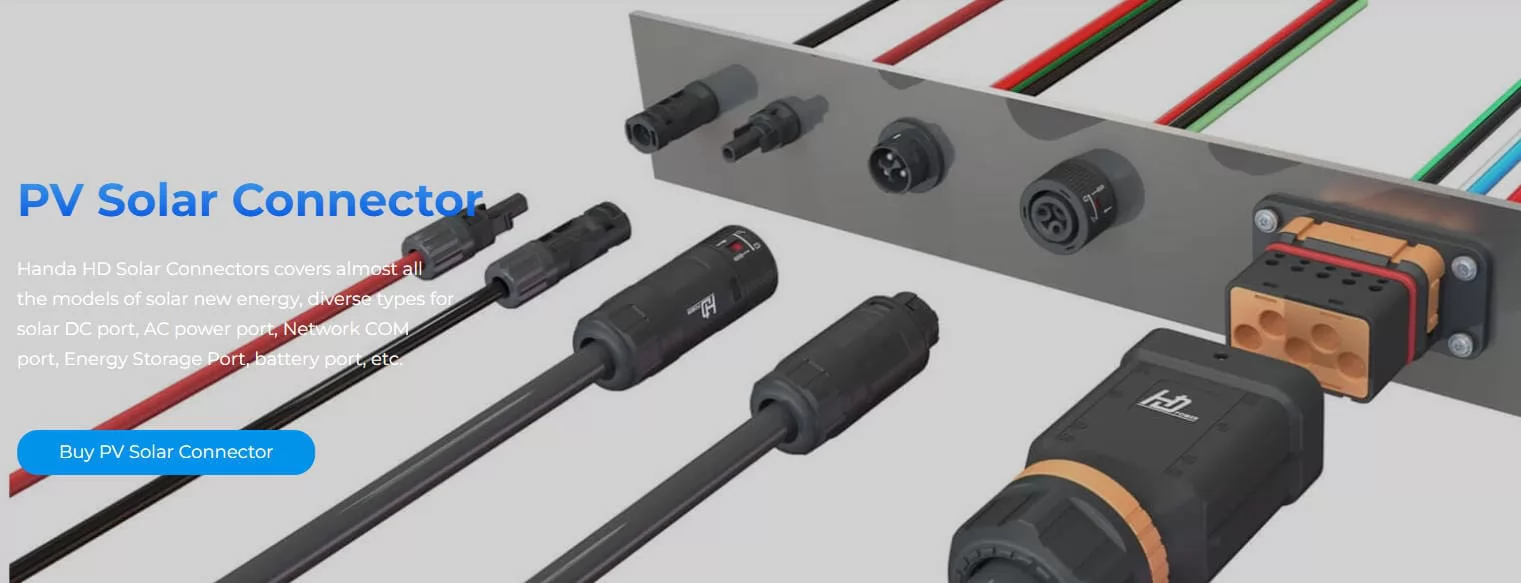
A solar connector is an electrical connector used to join solar panels with other equipment, such as inverters and batteries, in a solar power system. These connectors ensure that electrical current flows efficiently from the solar panels to the rest of the system. Besides facilitating power transmission, solar connectors also protect against environmental factors like water, dust, and temperature fluctuations.
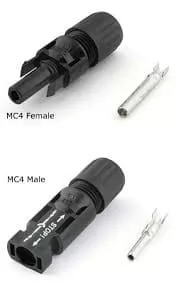
A solar connector is a device used to connect solar panels to an inverter or other electrical systems. It is designed to transmit electrical current from the solar panels to the rest of the solar power system efficiently and safely.
A typical solar connector consists of the following key components:
Several types of solar connectors are commonly used in solar power systems, each with specific features suited to different applications:
Other specialized connectors tailored to unique system requirements.
There are various types of solar connectors, each designed for specific uses and environments. Understanding the differences can help you choose the best connector for your solar power system.
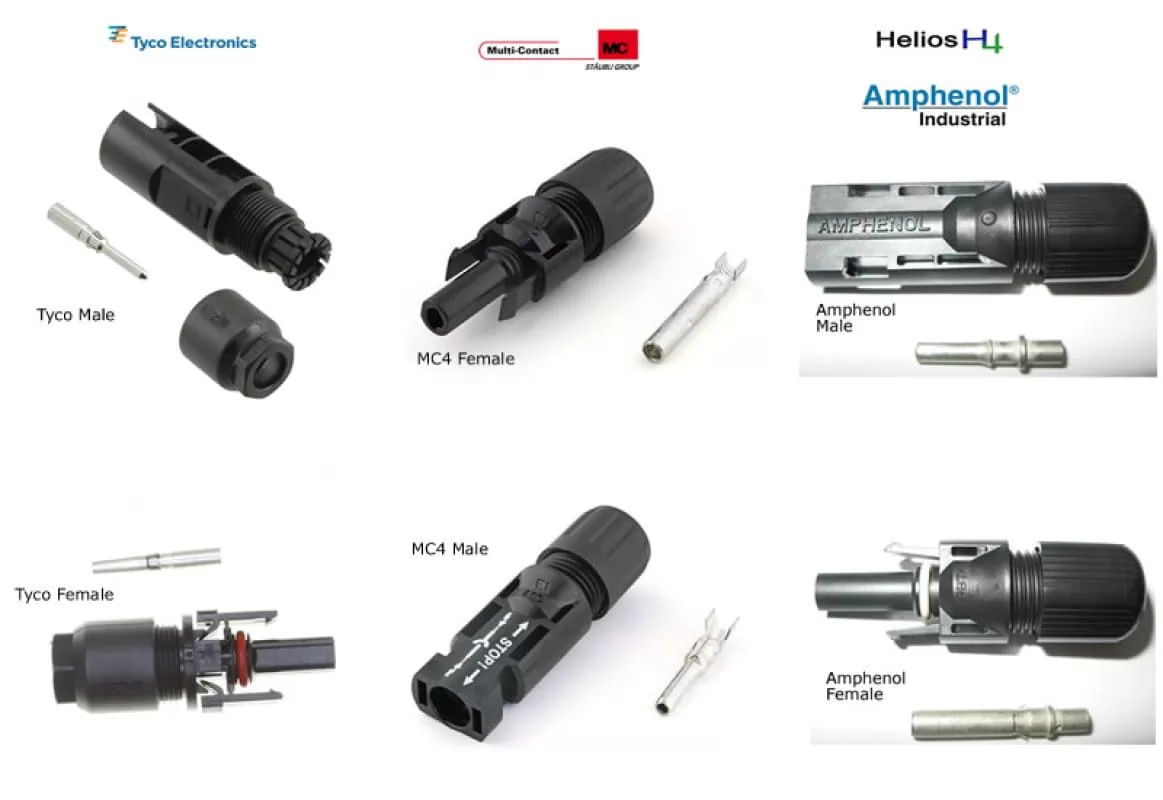
MC4 connectors are the most common solar connectors used in the industry. These connectors allow for quick and secure connections and can handle high current and voltage loads. MC4 connectors are especially well-suited for outdoor use due to their resistance to UV radiation and various weather conditions.
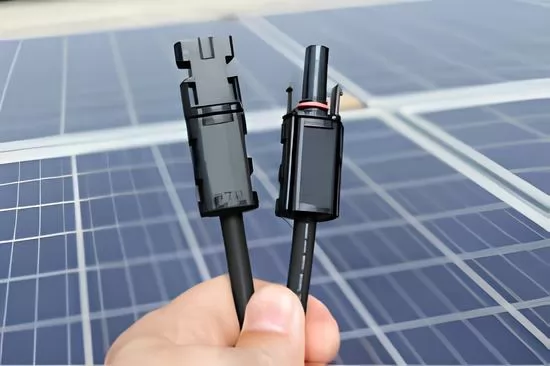
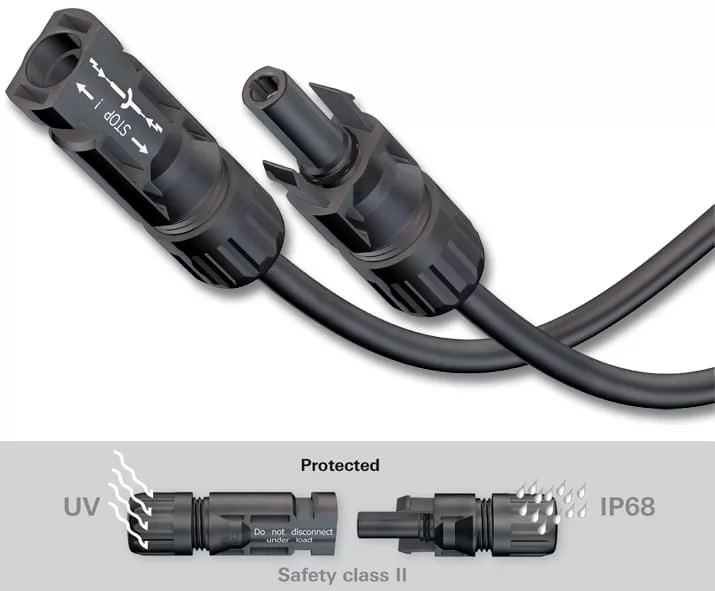
Tyco (AMP) connectors are another popular type of solar connector, particularly for high-voltage and high-current solar installations. These connectors are often used in industrial solar setups that require robust electrical performance.
Amphenol solar connectors are highly durable and known for their excellent performance in extreme environments. They are designed to resist corrosion and maintain efficient power transmission even in challenging weather conditions.
H4 connectors are often used in commercial or industrial solar power systems that require higher current and voltage ratings. These connectors are known for their sturdy design and reliable performance.
When choosing a solar connector, several important features should be considered to ensure the reliability and efficiency of the solar power system:
Solar connectors need to withstand UV exposure, moisture, rain, and temperature fluctuations. High-quality solar connectors are made with waterproof, UV-resistant, and corrosion-resistant materials to ensure long-term performance in outdoor environments.
The ease of installation and connection is another critical factor when selecting solar connectors. Well-designed connectors allow for quick, secure connections, minimizing the risk of system failure due to improper connections.
The electrical performance of solar connectors directly impacts the overall efficiency of the solar system. Connectors should have low contact resistance and high current handling capacity to ensure stable, efficient power transfer.
Good solar connectors are designed with safety in mind. They often include locking mechanisms to prevent loosening, anti-shock features to avoid electrical hazards, and other safety designs to protect users during installation and operation.
Solar connectors are essential for the overall efficiency, safety, and longevity of a solar power system. Their role extends beyond merely connecting components—they ensure the smooth transmission of electricity and provide protection against external environmental factors.
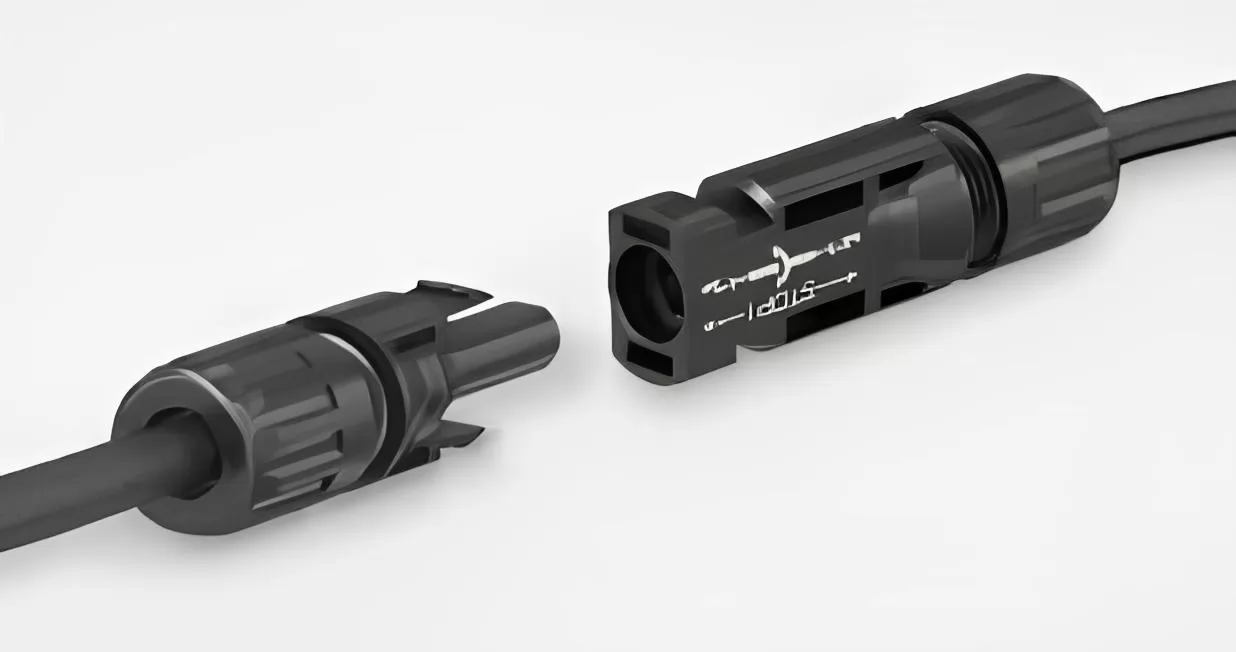
The quality of solar connectors directly affects the efficiency of the system. Poor-quality connectors can result in power losses or even short circuits, leading to a decrease in system performance and lifespan. By choosing high-quality solar connectors, you can maximize your system's efficiency and ensure long-term durability.
Loose or damaged solar connectors can cause voltage instability, overheating, and even fires. Properly chosen and well-maintained connectors ensure that your solar system operates safely and efficiently, reducing the risk of electrical failures.
Solar connectors must meet specific industry standards to ensure safety and performance. By selecting connectors that comply with local and international regulations, you can avoid legal issues and ensure the long-term reliability of your system.
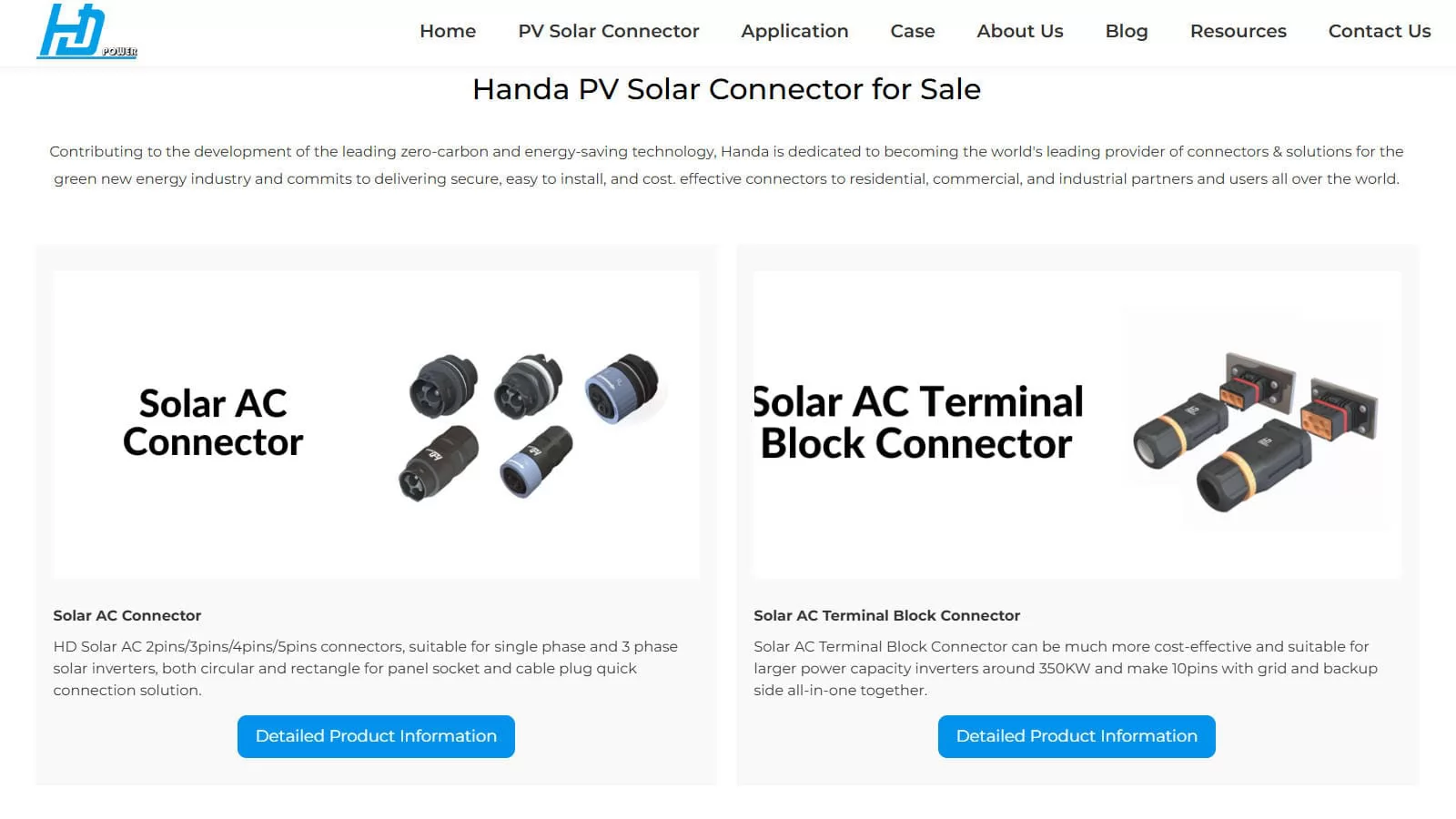
When choosing solar connectors, it’s essential to consider several factors based on your system’s unique needs. Here’s how you can select the best connector for your solar power setup:
Ensure that the solar connector you choose is compatible with your solar panels and inverters. While most systems use MC4 connectors, other connectors might be required depending on the brand or specifications of your equipment.
Consider your local climate when selecting solar connectors. For areas with extreme temperatures, humidity, or harsh sunlight, choose connectors that are UV-resistant, temperature-resistant, and capable of withstanding harsh environmental conditions.
Each solar connector has a specific voltage and current rating. Make sure the connector can handle the electrical load of your system. For high-voltage or high-current systems, opt for connectors that meet these higher requirements.
A good solar connector should be durable and easy to maintain. Look for connectors that offer long-lasting performance with minimal upkeep. Connectors that are resistant to UV rays, corrosion, and wear and tear will last longer and require fewer repairs.
We'd love to recommend Handa, a fantastic professional manufacturer of solar connectors. They offer high-quality and reliable connection solutions, and are dedicated to providing innovative products for global customers like you. They'll make sure your system is stable and efficient for a long time to come!
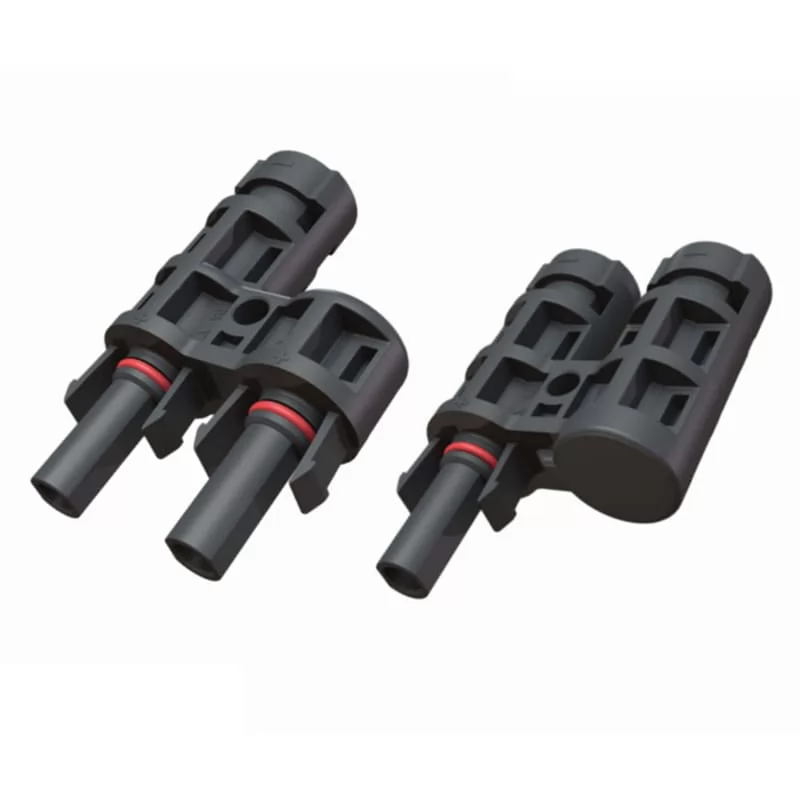
HD Branch Connector for a safe and reliable parallel (or serial-parallel) connection of PV-modules.
Choosing the right solar connector is a crucial step in ensuring the efficiency, safety, and longevity of your solar power system. Consider factors such as compatibility, environmental conditions, electrical performance, and safety features when selecting a connector. By choosing high-quality solar connectors, you can ensure your system performs at its best for many years.
For a free consultation about solar connectors, click here please.
Discover this amazing content and share it with your network!
